From Vice News link to article by Cara McKenna, Apr 9, 2017
Remote First Nations that might feel pressured to sign onto resource extraction projects for income and employment can now look to a greener solution: growing weed.
A new Indigenous-focused medical pot business is working to franchise grow-ops on reserve land, and it has been flooded with interest from dozens of communities across Canada since it launched late last year.
“Indigenous Roots” was formed by ex-AFN national chief Phil Fontaine in partnership with the licensed weed grower Cronos Group.
Unsurprisingly, it’s getting its start in British Columbia, with a training ground and flagship facility outside Kelowna that’s slated to open in the next few months. The company will also market its product to Indigenous clients.
VICE caught up with Fontaine and Cronos CEO Mike Gorenstein to learn more about Indigenizing the marijuana industry.
VICE: Phil and Mike, you announced this partnership late last year. Can you tell me about how things have progressed since then?
Phil Fontaine: There’s been significant interest in the Indigenous community; in fact since the launch in early December we’ve been invited to meet with over 70 communities and business interests. Our focus has been on wealth creation, business development, capacity building, training, jobs—and when I say jobs I’m talking about real, significant positions in the business.
You’ve been travelling across Canada over the last few months to meet with interested communities. What are some of the places you’ve visited?
Phil: From one end of the country to the other, our first [meeting] was in the Maritimes, we’ve been to the West Coast, we’ve been to Alberta, Manitoba, Quebec. So we’ve covered just about every part of the country. We still have some places that we need to visit.
The idea of growing medical marijuana on reserve land isn’t necessarily new, given the rural land space, environmental values, etc. But of course it’s a bit controversial to some, too. Can you talk a bit about why you and feel like Indigenizing the marijuana business made sense?
Phil: You’re correct when you point that out. This is seen in spiritual terms because it’s a natural product and it’s held in high value within a number of our communities and cultural groups. Beyond the point I just made, this is an emerging market and this would be the first time in recent history where the Indigenous community generally has an opportunity to get in right from the very beginning of a business that’s emerging and will continue to grow in significant terms. We thought it was a good fit, given my own long experience in the First Nations community.
Mike Gorenstein: I know there’s been a lot of discussion about launching a brand, or distribution, that’s targeting Indigenous people. From our perspective in order to have a real, genuine company we wanted a true partnership. That’s actually having equity ownership and Indigenous leaders having control. And that’s really what led up to Indigenous Roots and this partnership being so important. To make sure it wasn’t just the idea of marketing but actually having a responsible, legal and quality way of producing and distributing cannabis.
In terms of economic development, it’s a concern for a lot of communities, how to go about that without jeopardizing the environment. Do you think this model of growing weed on reserve land is something that will catch on more in the coming months and years?
Phil: From my perspective, I haven’t witnessed such enthusiasm, such excitement about any economic possibility than what I’ve seen in this business. I find this very encouraging and it has such exciting and enormous possibilities for our community.
Mike: I think if you want to do business and create economic opportunities within Indigenous communities, it’s important that you’re basing that on Indigenous values and Indigenous cultures. Ultimately a brand or company needs to stand for something that’s going to withstand the test of time. For me it’s not about the numbers up front, what’s important is the longevity of the business.
Can you tell me more about your long-term vision?
Mike: The initial facility that we’re constructing in the Okanagan is really what we see as the starting point. It’s the flagship facility, and while the production and capacity will certainly be used for us to distribute to Indigenous communities, the most important thing will be using it as a training ground through Indigenous companies. The important thing is hitting the ground running. While we go to the other communities and set up facilities on Indigenous land, we want to make sure that we’re providing training on everything that we know, and that we have teams that have gone through the process of growing and harvesting and of managing inventory. Long term, we’d like to see the majority of the facilities on Indigenous land and being run by Indigenous people.
So people from different Indigenous communities will be trained at the facility in the Okanagan coming up soon, and then it will be a franchise model where grow-ops will be built on reserve and staffed by the communities themselves.
Mike: That’s right.
Phil: This is really about the revitalization of First Nations/Indigenous economies. And it will lead, in my view, to the positive transformation of our communities. I’m really talking about moving from dependence to independence, and independence will only be achieved if we can develop sustainable economies within our communities. This particular opportunity lends itself well to creating this kind of situation.
On first glance, a former AFN national chief partnering with a marijuana company might seem like an odd pairing. How did you guys come to meet and form this business together?
Mike: For me the most important thing is people. When we started looking through and understanding the depths of Indigenous culture in Canada, from my perspective it was quite clear that if we could pick any partner in the Indigenous community, it was Phil, so I was quite honoured when we reached out that he accepted the call and we found that he was quite passionate about the industry as well.
Phil: I’m an owner of a small company with a pretty diversified portfolio. We were interested in expanding our business and looked very carefully at the various opportunities out there and we focused on this business and in turn looked at companies that had deep knowledge, good experience and with interests aligned with ours in terms of approach and commitment. This was the best fit for us.
Do you see this business model expanding internationally, or just within Canada?
Mike: We certainly have the option to, but we really want to concentrate on providing really life-changing medicine and healthcare in Canada to Indigenous people first. Once we’ve achieved that goal I think there’s no limit to what we can do. The primary goal of this venture is to serve Indigenous people in Canada and we want to make sure that we’re focusing on that.
So the cannabis itself would be marketed towards Indigenous people as well, as a healing product?
Mike: We truly believe that Indigenous people have a right to the best available healthcare regardless of their location or household income, we absolutely are committed to making sure we’re setting up a reliable and viable distribution channels to Indigenous people all across Canada.
Phil: Absolutely. We’re very focused in that regard. I keep making the point that this is about providing quality care with reliable, safe product to an underserved community, and this community deserves the kind of attention that we’re going to be able to offer.

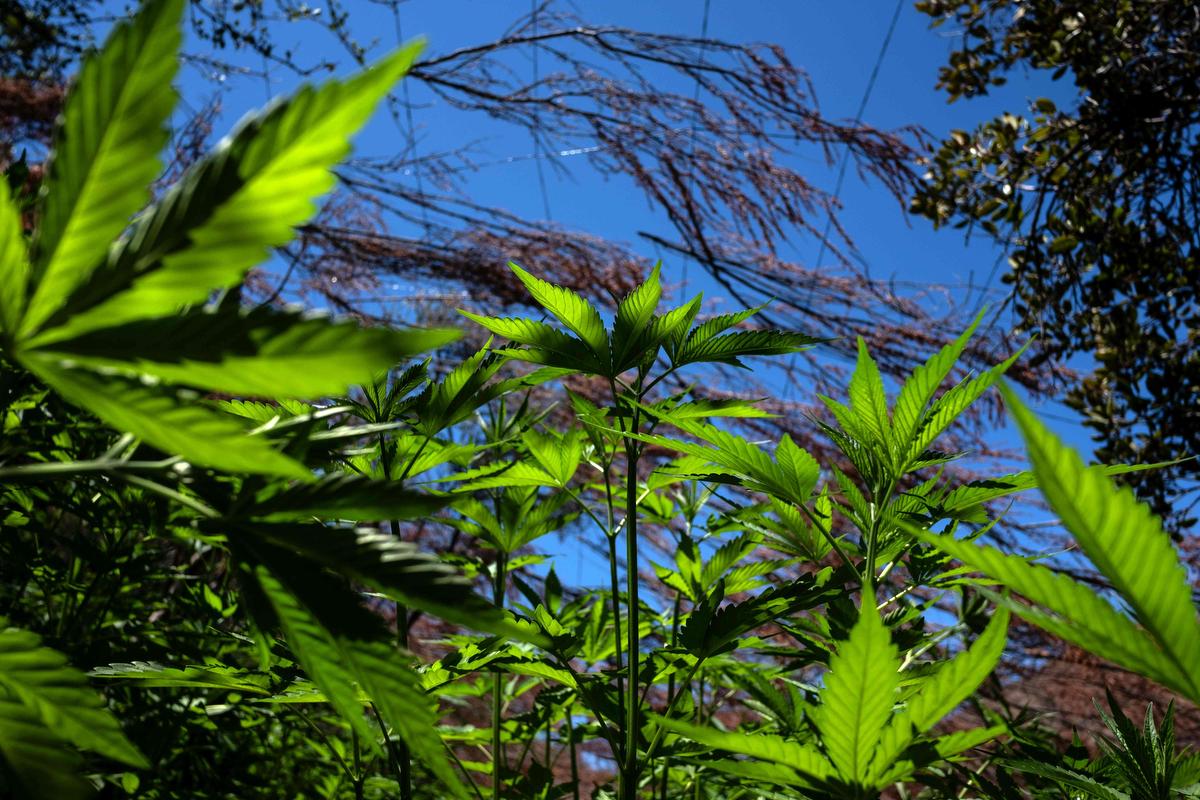
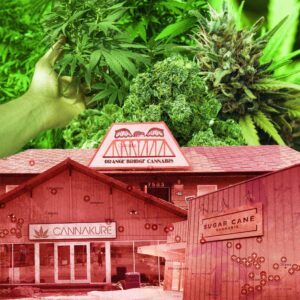
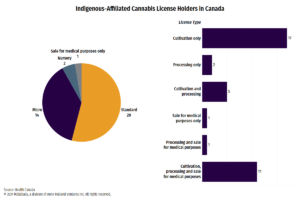
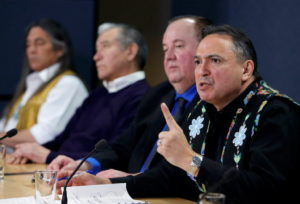
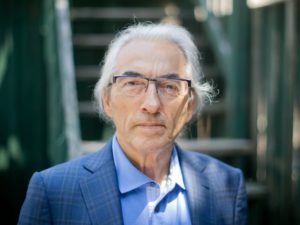
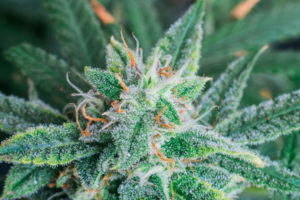
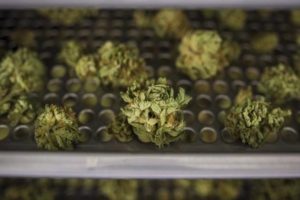
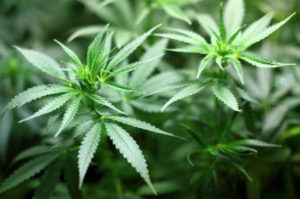








Comments are closed.